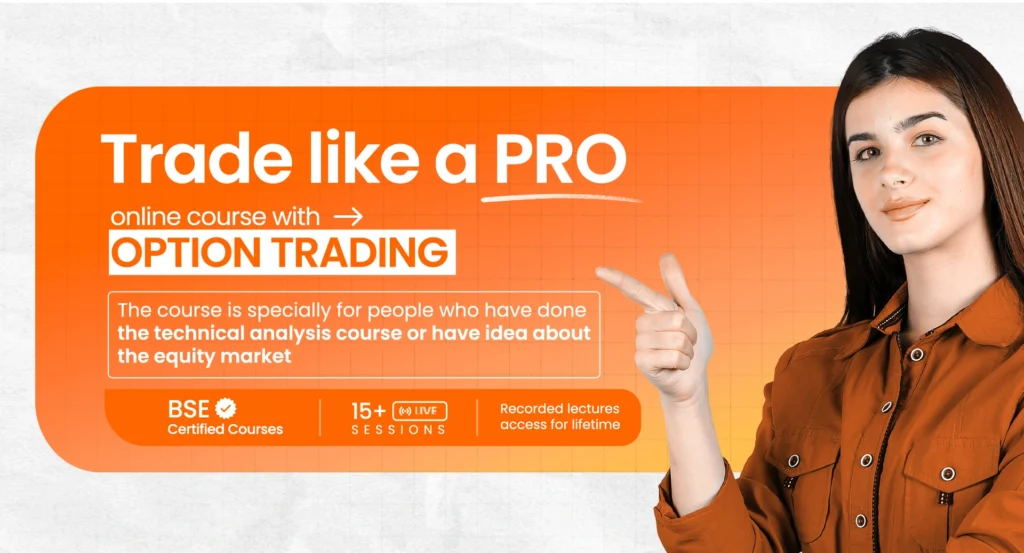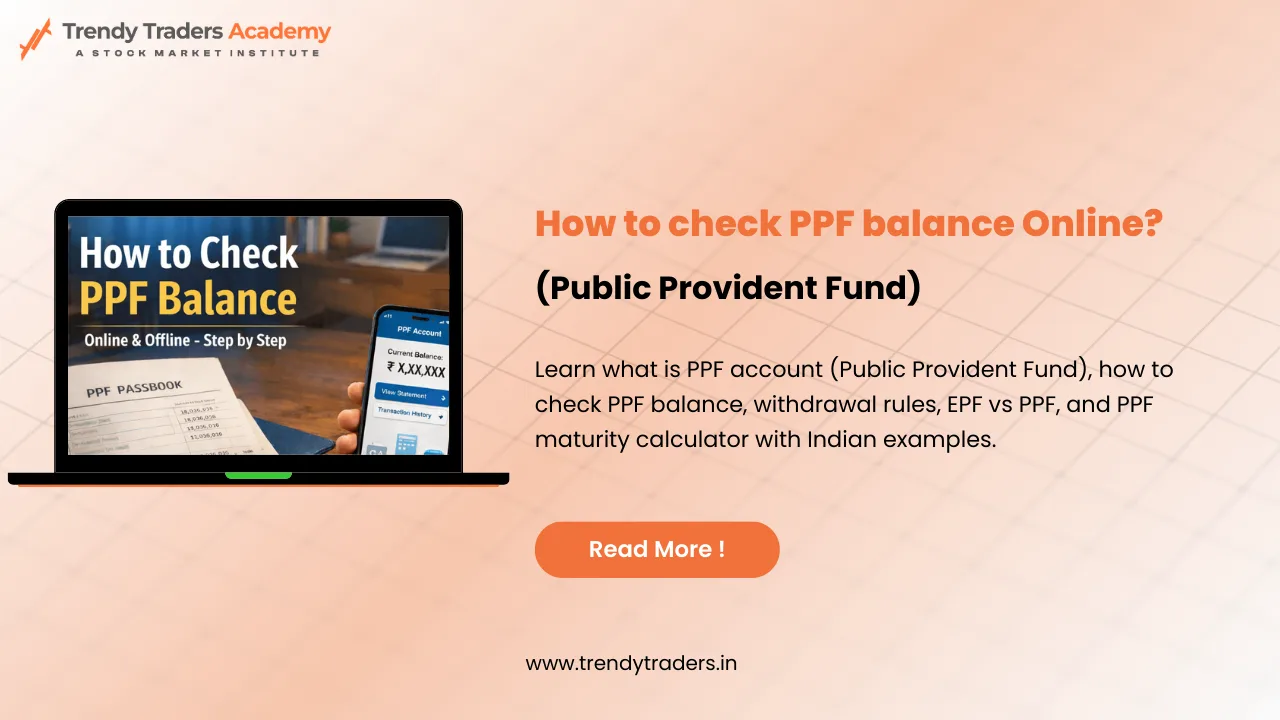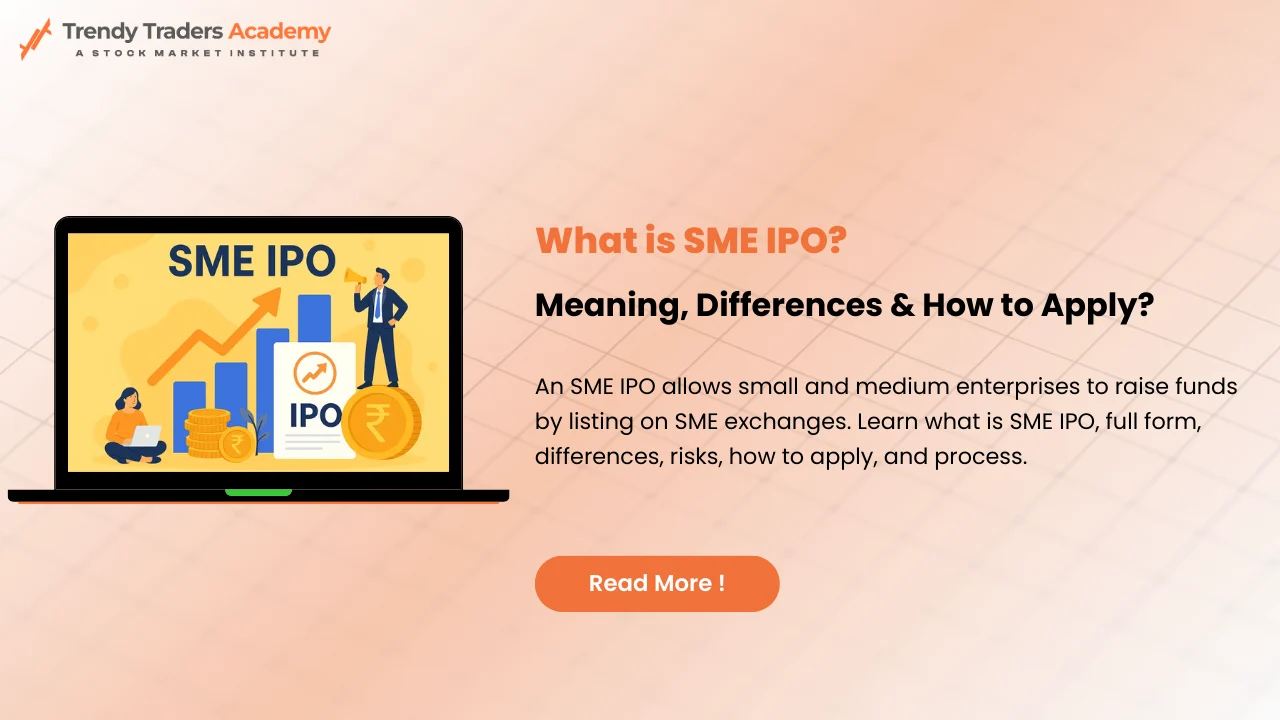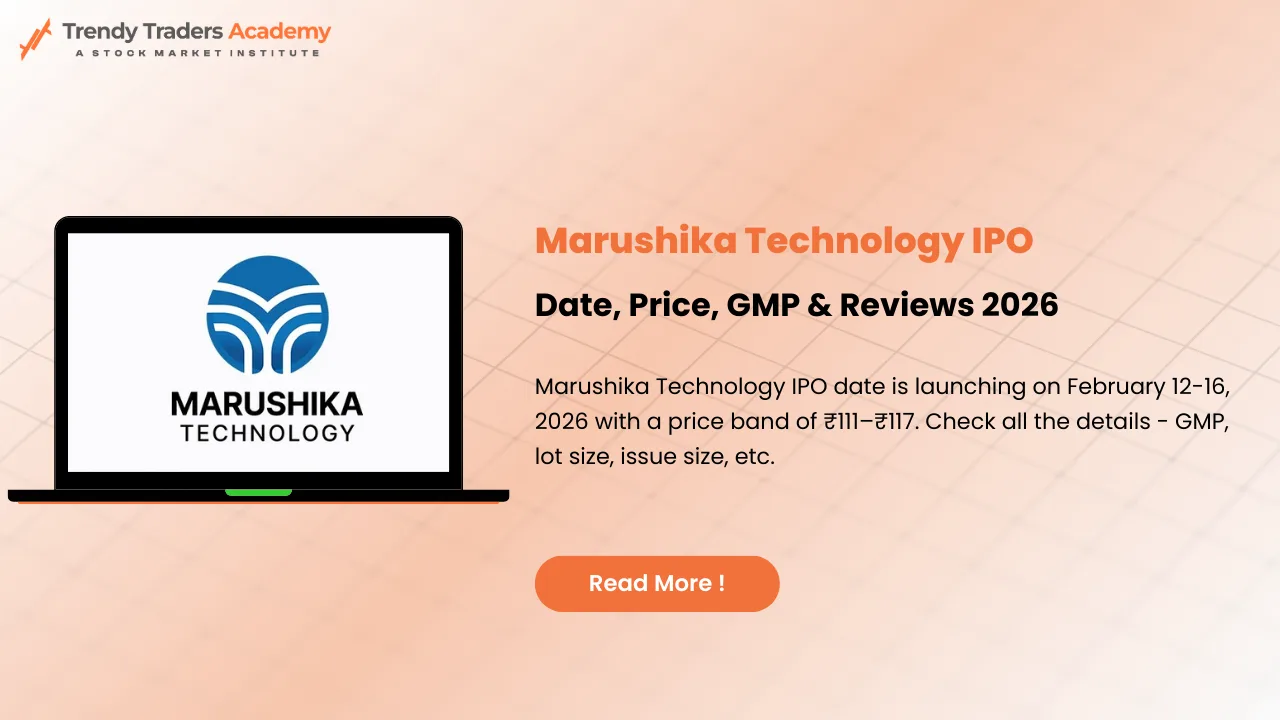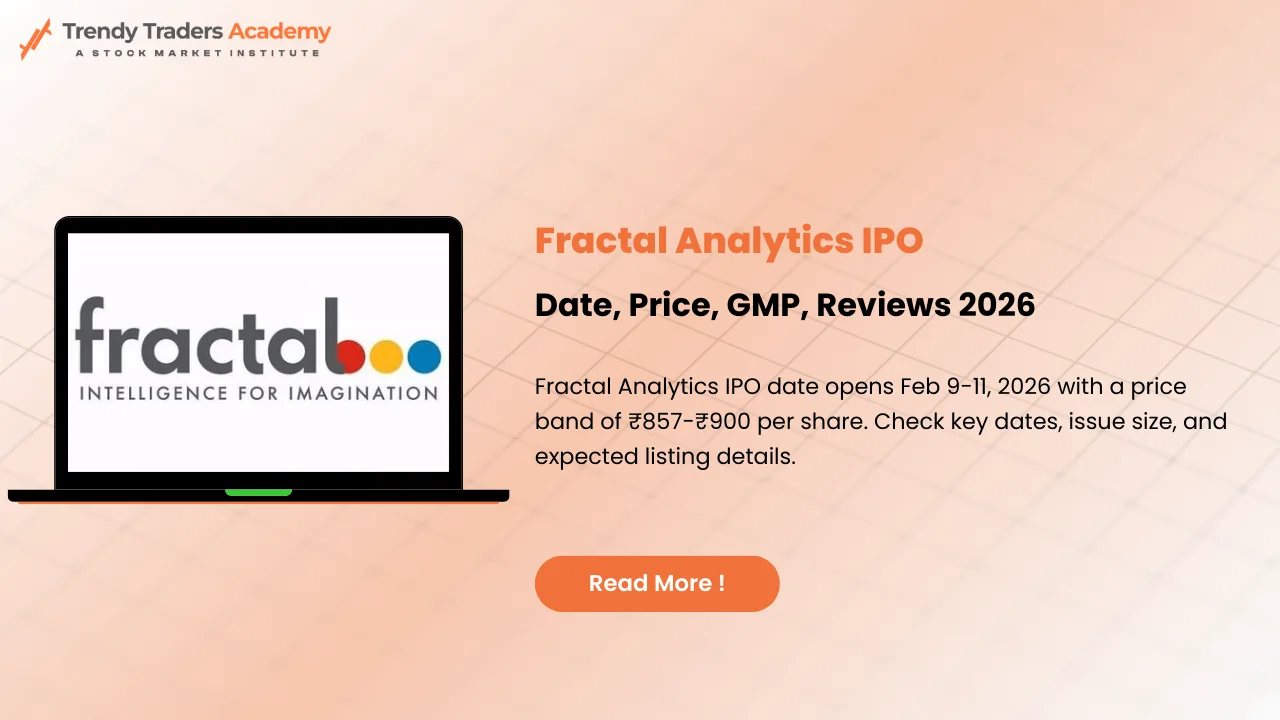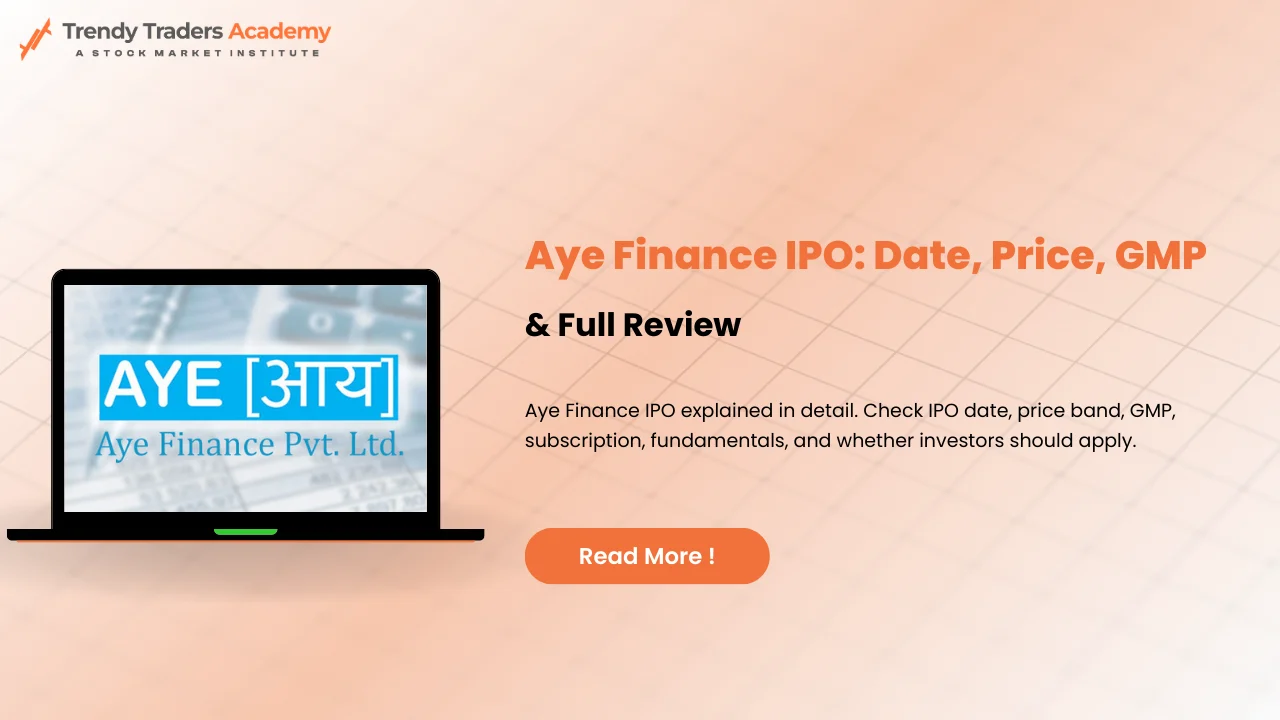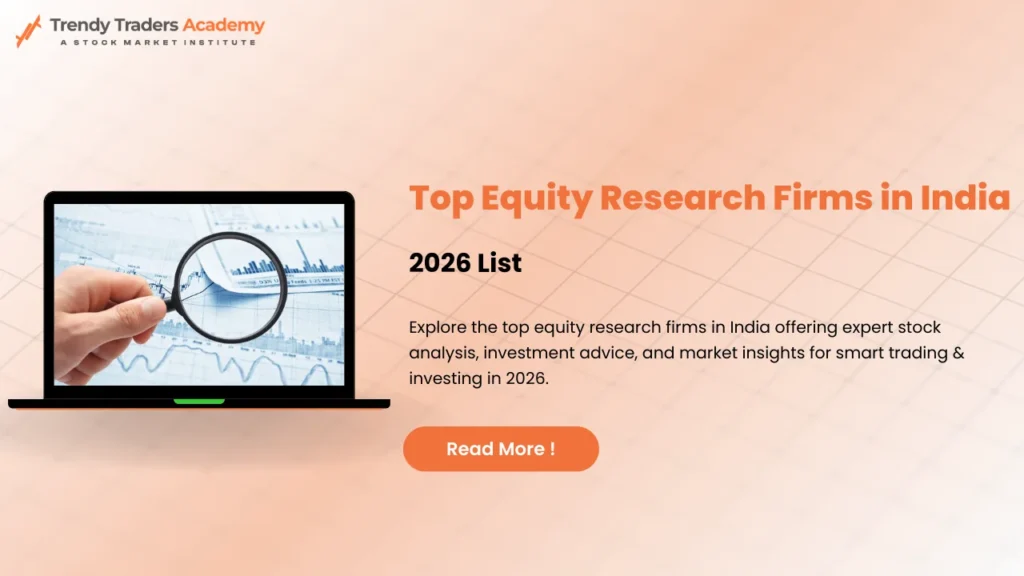
Equity Research Firms: Your Essential Guide to Smart Stock Selection in India (2026)
Ever wished you could peek behind the curtain and see how experts choose winning stocks or dodge risky investments? That’s the magic of equity research firms. These teams do the heavy lifting—handling deep analysis, crunching numbers, and writing detailed equity research reports—so investors like you can make sharper decisions.
This blog unpacks how top analysts work, introduces the top equity research firms in India, explains what’s inside a professional report, and shares stories anyone can relate to. Ready for smarter investing? Let’s dive in.
What Exactly Are Equity Research Firms?
Equity research firms are specialized organizations that analyse publicly traded businesses with the vision of aiding their clients- mutual funds, banks, individuals in decisions regarding purchasing, holding or selling shares.
What do they do?
- Track quarterly results, management interviews, and news
- Model company growth and sector shifts
- Forecast share prices and potential risks
- Publish regular equity research reports with clear recommendations
Why Do Equity Research Reports Matter for Investors?
Imagine you want to invest in banking stocks but aren’t sure which one stands out. Instead of reading hundreds of pages of annual reports, you can review a well-written equity research report that:
- Summarizes the financial health
- Explains the competition
- Suggests a target price and action (“Buy”, “Hold”, or “Sell”)
- Lists key risks
Quality research makes smart investing possible—even for beginners.
Anatomy of a Great Equity Research Report
Let’s look at what you’ll typically find in a report:
Section | What It Explains |
Executive Summary | Key findings, target price, recommendation |
Company Overview | Business description, products, market area |
Sector Analysis | Industry trends, major competitors |
Financial Deep Dive | Revenue, profit, debt, and cash flow stats |
Valuation Models | How the analyst sets price projections |
Key Drivers | What will boost or hurt the stock |
Risk Analysis | Vulnerabilities – business, market, global |
Data & Appendix | Charts, tables, sources |
Step-by-Step: How Do Equity Research Firms Operate?
Here’s a simplified day in the life:
- Select companies based on market excitement or client interest
- Gather information from management calls, filings, news portals
- Build models to estimate next few years’ earnings and fair price
- Draft reports with readable insights for investors to act on
- Update regularly for big news or earnings releases
Surveying the Top Equity Research Firms in India
Want to know who’s leading this sector? The below list gives a quick rundown—these firms are trusted by both professionals and retail investors for their depth, clarity, and usability.
Company Name | Focus Area | Notable Qualities |
ICICI Securities | Broad market & retail | Rich online platform |
Kotak Institutional Eq. | Institutional, global | Deep sector expertise |
Motilal Oswal Financial | Large/midcaps, retail | Consistent, user-friendly |
HDFC Securities | Consumer, finance, banking | In-depth, regular updates |
Ambit Capital | Quant, growth picks | Unique sector coverage |
SBI Capital Markets | Infra, PSU, project finance | Government sector insights |
Axis Direct Research | Tech, infra, bank, pharma | Screener and portfolio tools |
Edelweiss Broking | Pharma, finance, events | Quick post-news comments |
Centrum Broking | Small caps, niche firms | Boutique-style analysis |
Moneycontrol Research | Popular market-wide | Accessible for beginners |
Big brokerages often have research teams making new reports daily; boutique firms dig deeper into specific sectors.
Real-World Example: How an Equity Research Report Helps a Retail Investor
Suppose Rajesh wants to invest in Infosys. He’s confused by media noise. He downloads an equity research report from HDFC Securities:
- The summary says Infosys is a “Buy”, with a target of ₹1,800 citing digital business growth and healthy cash reserves.
- The risks include client concentration and US tech policy changes.
- The valuation section shows Infosys is trading at a lower PE than its closest competitors—suggesting it’s undervalued.
Rajesh compares reports from 2 other equity research firms, checks quarterly results himself, and makes an informed purchase—less stress, more clarity.
Paid vs Free Equity Research Reports: What’s the Difference?
Feature | Free Report | Paid Report |
Basic Recommendations | Yes | Yes |
Detailed Financial Models | Basic | Advanced |
Sector Deep Dives | Rare | Thorough |
Timeliness | Delayed | Instant |
Specific Portfolio Advice | General | Custom |
Extra Data/Table Access | Limited | Full |
Cost | Free | Subscription/fee |
Free reports are great for headlines and short-term ideas; paid versions offer deeper analysis, especially useful for frequent traders or professionals.
Common Ways Investors Use Equity Research Firms
- Screen stocks for quality: Relying on “Buy” or “Strong Buy” calls to shortlist best options
- Check price targets: Comparing current prices with analyst expectations
- Get risk insights: Using “risk factors” to avoid stocks with hidden troubles
- Time entry/exit: Using updates and ratings to decide when to buy more or sell positions.
Practical Steps: Using Equity Research to Build Your Portfolio
- Identify companies you care about—where you see growth potential.
- Get reports from at least two equity research firms—compare their opinions.
- Check the thesis & valuation—does it match your view of the company?
- Review risk sections—what could hurt your returns?
- Track price targets and quarterly updates—stay current, don’t rely on old data.
Table: Comparing Features Across Top Equity Research Firms
Firm Name | Update Speed | Sector Coverage | Ease of Access | Best For |
ICICI Securities | Daily | Wide | App/Web | Retail, pro investors |
Kotak Inst. Eq. | Weekly | Deep dives | Reports/Portal | Institutions, funds |
Motilal Oswal | Daily | Retail/Midcap | Web/App | Beginners, enthusiasts |
Ambit Capital | Weekly | Niche sectors | PDF/email | Value pickers |
Moneycontrol | Daily | Wide/Basics | Web/App | New investors |
Mistakes to Avoid When Using Equity Research Firms
- Following every “Buy” call blindly: Cross-check calls and check if the reasoning fits your own view.
- Ignoring updates and sector changes: Markets move fast—use reports with frequent refreshes.
- Skipping risk analysis: Always balance the upside with what can go wrong.
- Over-relying on one firm: Diversity in ideas and style limits biases
Very Simple Example: Let’s Say You Want to Choose Auto Stocks
You shortlist three companies: Maruti Suzuki, Tata Motors, and M&M.
- Use a screener to see which has the highest ROE and growth.
- Read at least two equity research reports per stock.
- List the target prices and buy ratings, compare notes.
- Track real results and update choices every quarter.
Actionable Tips for Using Equity Research Firms in India
- Mixing bigger, trusted brands with fresh voices for diversity.
- Using screener tools to shortlist stocks, then analysing research reports for insights in depth.
- One must never invest only based on headlines—one must study full reports and back it with supporting data.
- One must revisit their strategy each financial year; markets and companies change in a quick succession.
Conclusion
Successful investors on 2026 are not just looking for hot tips but they also implement what they can grasp from the insights provided by equity research firms to help them make effective decisions. While no research is 100% accurate, effective analysis and getting updated about the markets on a regular basis makes it easier to navigate India’s fast-moving markets.
Whether one utilises the top equity research firms in India or reads several free equity research reports every month, one must always use a combination of expert knowledge with their own careful judgment. When armed with both, the investment journey becomes brighter, steadier and much more rewarding.
FAQ'S
Are equity research reports always accurate?
No one can predict the market perfectly! Use several reports and cross-check with actual news and company filings.
How do I choose among top equity research firms in India?
Look at their coverage (your sectors of interest), report clarity, update frequency, and reputation among experienced investors.
Are paid research subscriptions worth it for ordinary investors?
If one trades frequently or wants customized advice, yes. For long-term, buy-and-hold investors, free resources are usually sufficient enough.
How can I use an equity research report wisely?
Focus on the reasoning, not just the final “Buy” or “Sell” call—understand the financial logic and risk discussion.


